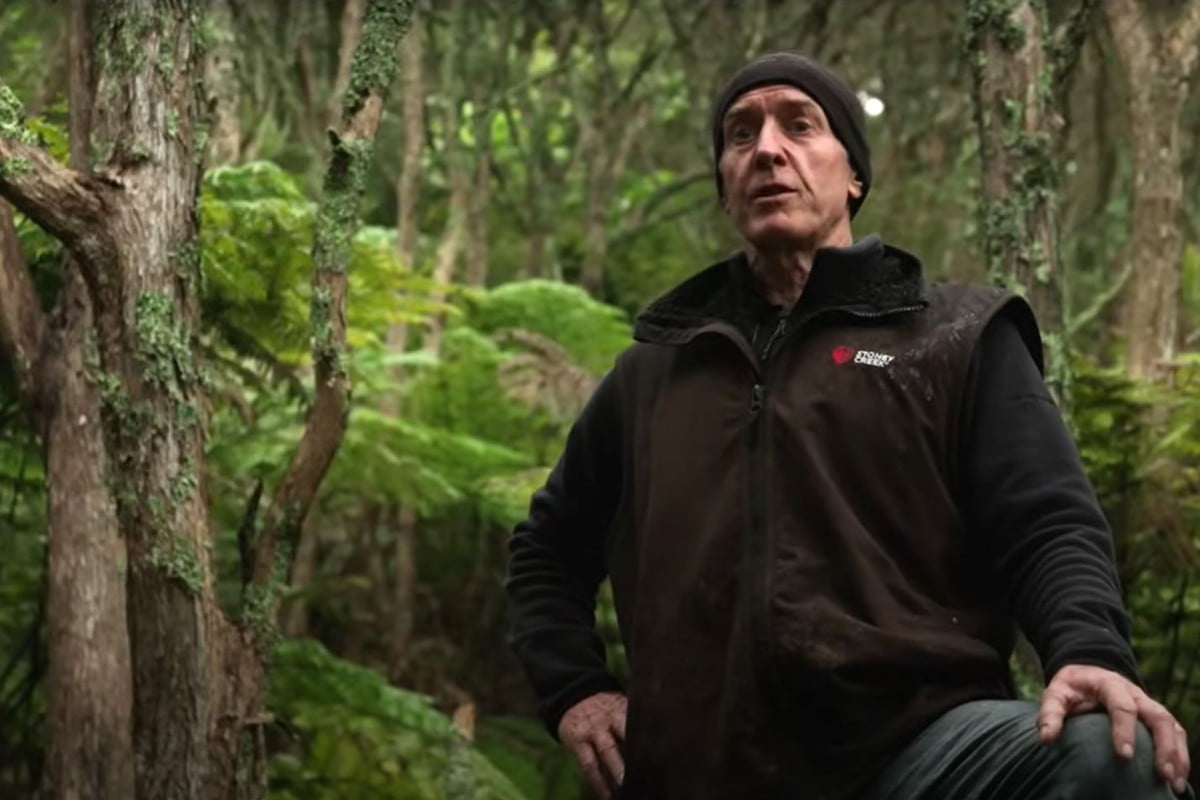Eight Iwi and Three Councils’ Partnership Responds to Te Mana o Te Wai in Te Tauihu
Environmental managers from eight Te Tauihu iwi, in co-design with three unitary councils and supported by Our Land and Water, have built a partnership to respond to Te Mana o Te Wai in Te Tauihu.
Environmental managers from eight Te Tauihu iwi are co-designing a freshwater management framework with the region’s three unitary councils, supported by Our Land and Water, Implementing Te Mana o Te Wai research. The Pou Taiao (iwi environmental managers) have built a new platform for partnership, Te Puna Kōrero ki Te Tauihu, to enable multi-council collaboration to ensure the health of wai in the region is prioritised.
The NPS Freshwater Management (2020) prioritised Te Mana o Te Wai, initiating a policy transformation to grant the first right of water to its own health and vitality, and to thereby protect wai for future generations. The policy is an important lever that, if implemented effectively, will help Our Land and Water achieve its objective to maintain and improve freshwater quality in Aotearoa.
Te Mana o Te Wai signals a significant shift in the role of iwi, in partnership with councils, in the management of water. However, there are few practical tools and resources to support both iwi and councils to implement this policy priority effectively. Led by Tina Porou (Poipoia Ltd) and funded by Our Land and Water's Implementing Te Mana o Te Wai project, Te Tauihu iwi co-created a suite of tools, resources, and case studies to support iwi and councils around Aotearoa to build their understanding of what was required to effectively implement the new policy.
Te Tauihu, the top of Te Waipounamu, was featured as a case study area for this project because the Pou Taiao from the eight iwi were willing to work collaboratively to proactively engage with the three councils. Te Tauihu stretches across the boundaries of three unitary councils (Marlborough District Council, Nelson City Council, and Tasman District Council). Within the same landscape there are eight iwi (Ngāti Kuia, Rangitāne, Ngāti Apa ki te Rā Tō, Ngāti Rārua, Ngāti Tama, Te Ātiawa, Ngāti Koata, and Ngāti Toa) with statutory acknowledgement across the three councils, but different tribal interests and settlement provisions.
“It changed how we talked to councils about projects, not just Te Mana o te Wai.”
— Rowena Cudby, Pou Taiao, Environmental Manager, te Runanga o Ngāti Rārua
Historically, the three councils engaged iwi on environmental matters and regulation changes by inviting the Pou Taiao of individual iwi to meetings to comment on the council’s pre-planned approach or changes. The Pou Taiao had not worked as a collective in responding to matters relevant to all three councils.
To implement the NPS-FM (2020), the three councils jointly presented to all the Pou Taiao for the first time. Pou Taiao collectively requested time to consider what had been presented before providing feedback, noting that community consultation on the council freshwater plans (including work to describe community values for water bodies) was already underway. The Pou Taiao had concerns regarding the magnitude of what had been presented, its importance to iwi, and the discomfort of commenting on plans that were well progressed. It was at this point they were invited to collaborate in the Implementing Te Mana o Te Wai research.
Our Land and Water has two qualities that made it a uniquely suitable funder: an impact focus that supported the creation of practical tools and processes to support iwi to build a partnership with councils; coupled with a commitment to meaningful partnerships with Māori, which created a space for iwi representatives to co-create these practical tools.
“[We now consider and discuss] everything from the issue itself to the time frames, resourcing, iwi internal capability and capacity.”
— Rowena Cudby, Pou Taiao, Environmental Manager, te Runanga o Ngāti Rārua
This collaboration identified the need to establish a collective Iwi Working Group and build the partnership platform with council. Project workshops built this group’s understanding of the policy reform, its requirements and implications. Critically, the workshops emphasized the processes and investment required to partner with council effectively for the benefit of wai.
“It changed how we talked to councils about projects, not just Te Mana o te Wai. [We now consider and discuss] everything from the issue itself to the time frames, resourcing, iwi internal capability and capacity” says Rowena Cudby, Pou Taiao, Environmental Manager, te Runanga o Ngāti Rārua.
With this understanding, and using the tools and resources created by the research project, the Iwi Working Group developed a clear plan to re-engage council in a way that shifted iwi from reactive consultation parties, to proactive Treaty partners. The councils have agreed that processes for joint planning and decision making with iwi will need to change for successful policy implementation to occur.
The Iwi Working Group also developed a proposal to action the detailed plan drafted for the case study and, supported by councils, secured an additional $776K funding for implementation through MfE and $70K (plus in-kind staff resources) from the councils.
This article was prepared as an impact case study for MBIE as part of Our Land and Water's 2021–22 annual reporting requirement.
Photo above: Te Tauihu, photo by Naomi Aporo
More information:
Author
 View Our Strategy Document 2019 – 2024
View Our Strategy Document 2019 – 2024




Leave a Reply